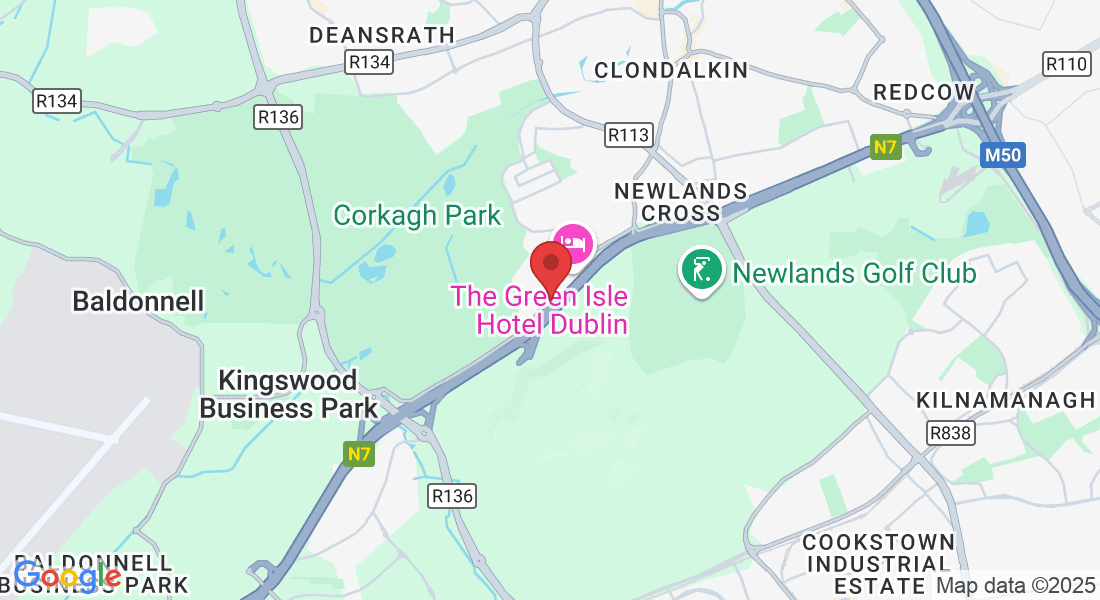Our Blogs

Lesson 13: Learn to protect not destroy
Karate is much more than a martial art—it's a discipline that encompasses self-defense and promotes the well-being of oneself and others. It is crucial to understand that karate's techniques and knowledge are intended for defensive purposes only, and should never be wielded as tools for aggression or attack. It's important to recognize that threats don't exclusively come in the form of physical confrontations. Often, they manifest through psychological or verbal aggression. The impact of words can resonate much deeper, potentially causing harm that far surpasses that of physical encounters. While a fractured bone may heal in about six weeks, the emotional scars left by harsh words, mockery, or bullying can last for a substantially longer period, even a lifetime.
As karateka, individuals dedicated to the study and practice of karate, we have a responsibility. Our goal transcends beyond self-defense; we must strive to use our skills and presence to positively reinforce and elevate those around us. We should always aim to be a constructive force in the lives of others, nurturing growth and confidence rather than contributing to negativity.
In the dojo, karate instructors systematically employ exercises and drills designed to challenge students and push them gently beyond the bounds of their comfort zones. It is this delicate push—the act of encouraging without overwhelming—that fosters personal development. By first introducing tasks that are within reach, students gain a sense of accomplishment. This instills a baseline of confidence. Subsequently, as the complexity of these tasks gradually increases, students are able to experience a sequence of achievements. This iterative approach is vital as it facilitates a steady and tangible improvement in both confidence and proficiency in the art of karate. Through persistent practice and patience, karateka enhance their skills and, more importantly, cultivate a mindset focused on personal growth and the protection of others.
Copyright 2025 -Elite Karate Academy. All Rights Reserved.
Designed and created by MartialArtsMedia.com

